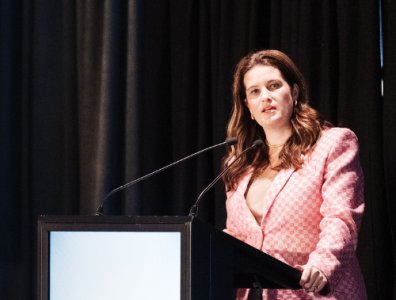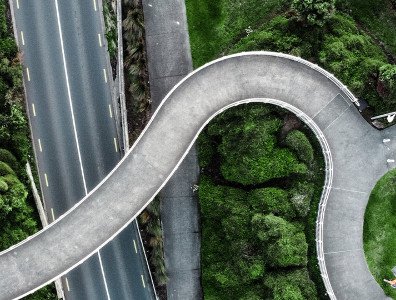Hipkins warns climate impacts are already here
Wondering what the reality of climate change might look like? Check the latest GDP figures because the impacts are already visible there, says Prime Minister Chris Hipkins.
Climate change is one of the “most pressing and urgent” challenges facing New Zealand – and we have seen plenty of evidence of that this year, Hipkins says.
Speaking at an event hosted by the IoD’s Chapter Zero NZ, Hipkins said heavy rainfall and cyclones that hit parts of the country this year were underpinned by climate change, and this has “really brought home to New Zealanders” that climate change has very real consequences.
“And those consequences are going to ‘step up’ if we don’t do something about it.”
One of those consequences is the current recession – as defined by consecutive quarters of falling GDP, he says.
“The extreme weather events that we have seen have affected our primary produce, the price of food in New Zealand and food production in New Zealand to the extent that we actually had negative GDP growth that we would not have had, had it not been for the cyclone.”
Those food price increases are among the largest contributors to inflation, he says.
Hipkins argues that climate change costs are going to worsen and future governments – whether his or not – are going to need to act quickly.
“If we do not mitigate climate change then we are never going to be able to adapt fast enough. We have to focus on bringing our emissions down if we want to achieve economic success as a country, and as a planet.”
Part of that will be rebuilding our infrastructure with an eye to strengthening economic resilience.
“It is just not viable for a country like New Zealand to find that our way of life is so badly disrupted every time it rains heavily.”
The Prime Minister promised climate policy announcements would be forthcoming as the election campaign progresses. He did not divulge what they might be, however, he did offer a reality check to those who want to focus on offsetting, rather than reducing emissions.
“We cannot offset our way out of the climate crisis,” he says. “Fundamentally, we have to reduce our emissions.”
Hipkins hinted that there may be further changes to the emissions trading scheme, acknowledging that the government needs to be more cognisant of the advice offered by the Climate Change Commission to ensure the scheme is priced appropriately and incentivises effective climate action.
“We can’t simply plant the whole country in exotic forests and pretend that we have done our bit to tackle the challenge.”
There is opportunity in the global marketplace if New Zealand is perceived to be reducing emissions, he says.
“We saw that with the recent European Union free trade agreement, which has got major climate change provisions built into it.”
For our exporters, this is becoming a day-to-day reality. As an example, Hipkins noted Nestle, which is supplied by Fonterra, is making climate action a condition of doing business.
“If New Zealand can’t meet those requirements we are simply going to lose access to those markets. Lowering our emissions is no longer a ‘nice to have’ or a marketing strategy, it is actually vital to enable us to continue to do what we do.”
That has implications for our primary sector, according to Hipkins who says the next government is going to face some politically difficult decisions.
“We cannot bury our heads in the sand and pretend that these issues will sort themselves out. We cannot afford to continue to kick the can down the road when it comes to agricultural emissions. The challenge is only going to get greater the longer that we wait.”



